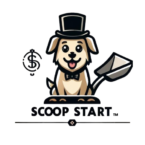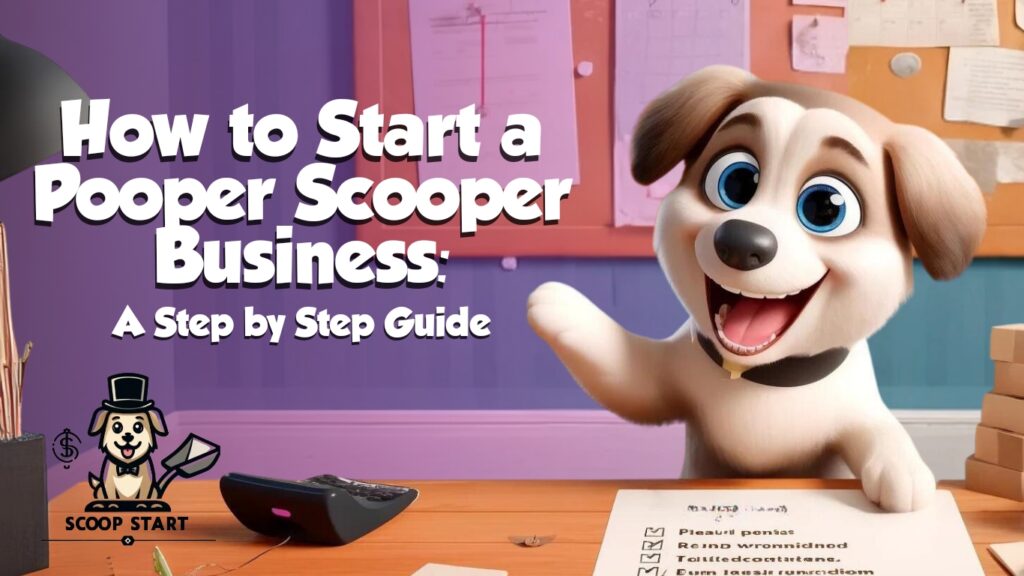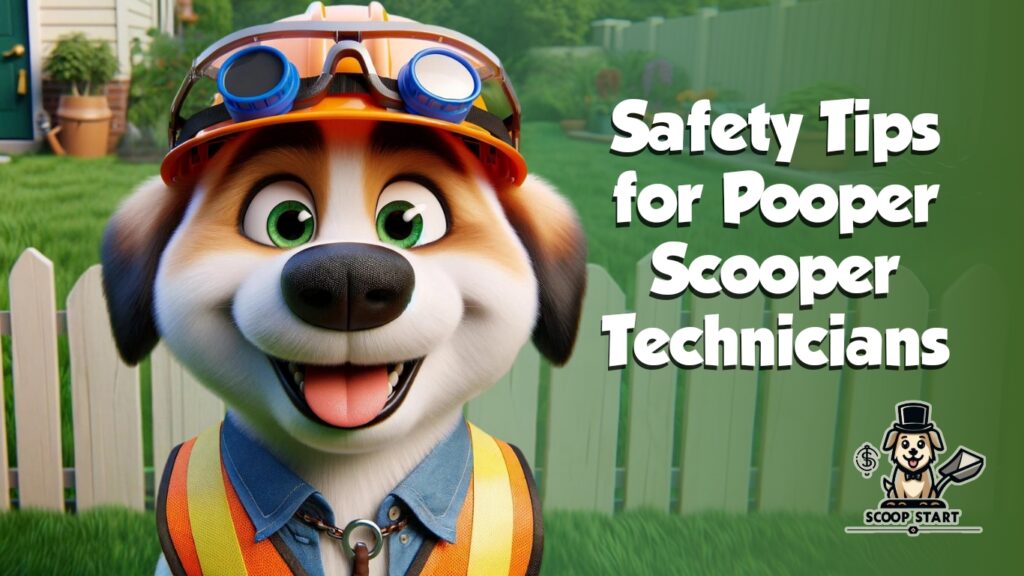Dealing with Dog Bites in Your Pooper Scooper Business
Running a pooper scooper business comes with its own set of challenges, one of the most significant being the risk of dog bites. Ensuring the safety of your team while maintaining a high level of service is crucial. At Swoop Scoop, we’ve implemented effective strategies to prevent dog bites and handle incidents when they occur. Here’s a comprehensive guide to managing dog bites in your pooper scooper business.
Prevention Strategies
Preventing dog bites begins with proactive measures. Here are some key strategies we have personally used to minimize the risk:
1. Cleaning with Dogs in the Yard
We generally clean yards with dogs present, as long as they are not aggressive. This allows us to complete our job without causing inconvenience to the pet owners. However, we take specific precautions to ensure safety:
- Assess the Dog’s Behavior: Before starting the job, observe the dog’s behavior. Friendly dogs are usually easy to work around.
- Communication with Owners: Inform clients about our policy regarding aggressive dogs. Request them to keep aggressive dogs indoors or in a separate area during the scheduled cleaning time.
2. Handling Aggressive Dogs
For dogs that show signs of aggression, we have strict protocols in place:
- Skipping the Yard: If a dog displays aggression towards our team, we skip the yard. Safety is our top priority.
- Charging for the Visit: Even if the yard is skipped due to an aggressive dog, we still charge the customer for the visit. This policy is communicated clearly to our clients beforehand.
- Customer Notification: Inform the customer immediately about the reason for skipping the yard. This helps maintain transparency and allows the customer to take necessary actions for future visits.
3. Team Alerts and Notes
Keeping detailed records about dogs’ behavior is essential for ensuring the safety of your team:
- Notes on Aggressive Dogs: Document any instances of aggression and alert the team. This helps in preparing for future visits and avoiding potentially dangerous situations.
- Safety Alerts: Implement a system where team members can quickly share alerts about specific dogs. This ensures everyone is informed and can take necessary precautions.
Handling Dog Bites
Despite all preventive measures, dog bites can still occur. Having a clear and well-defined process for handling such incidents is crucial for the well-being of your team and the smooth operation of your business.
1. Immediate Response
If a team member is bitten by a dog, immediate actions are necessary:
- First Aid: Provide first aid to the injured person. Clean the wound thoroughly and apply antiseptic to prevent infection.
- Medical Attention: Seek medical attention if the bite is severe or if there’s any doubt about the dog’s vaccination status.
2. Reporting and Documentation
Proper documentation and reporting are vital for legal and insurance purposes:
- Incident Report: Fill out an incident report detailing the circumstances of the bite, including the dog’s behavior, actions taken, and the extent of the injury.
- Customer Notification: Inform the dog owner about the incident promptly. Discuss the next steps and any actions they need to take regarding their pet’s behavior.
3. Follow-Up
Ensuring the well-being of your team member and preventing future incidents is essential:
- Medical Follow-Up: Ensure the bitten employee follows up with their healthcare provider as needed. Keep track of their recovery process.
- Review and Adjust Policies: Review the incident to identify any gaps in your prevention strategies. Adjust policies and training accordingly to prevent similar incidents in the future.
Training and Awareness
Training your team to handle dogs safely and recognizing signs of aggression is critical:
- Regular Training Sessions: Conduct regular training sessions on dog behavior, safety protocols, and first aid for dog bites.
- Awareness Programs: Keep your team informed about the latest safety practices and updates in handling dogs.
Conclusion
Dealing with dog bites in your pooper scooper business requires a combination of prevention, immediate response, and ongoing training. By implementing these strategies, you can create a safer working environment for your team while maintaining excellent service for your clients. At our dog waste removal business, we prioritize safety and transparency, ensuring that both our employees and clients are well-informed and protected.
For more tips and strategies on running a successful pooper scooper business, explore our other blog posts and resources. Stay safe and happy scooping!



